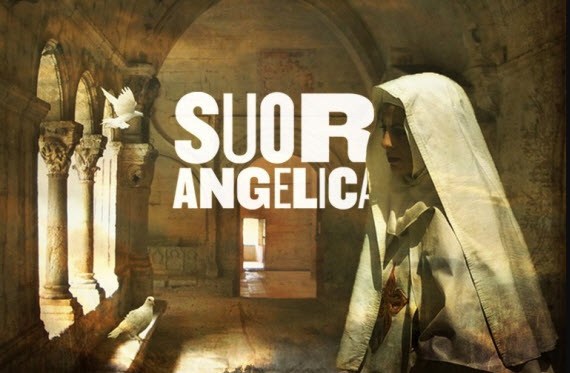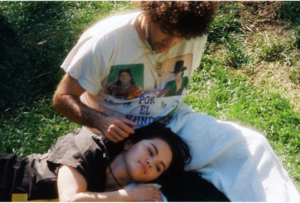Music Tells a Great Story in Suor Angelica, a Catholic University Opera

Courtesy of http://medicine-opera.com
By Miriam Trujillo
With a week left of rehearsal, the cast and crew of Suor Angelica are almost ready to share their production with the university. Ever since the school year began, Catholic University’s music school has been busy preparing the annual fall opera.
On rehearsal nights, the Ward recital hall is lit up and humming with activity. The cast and the crew gather props, orchestra members warm up, musicians compare notes with each other, and everyone gets ready to perform a story’s worth of music. Dr. James Hampton, the director, sits in the audience and takes notes on ways the show needs to improve, while the cast runs through the one-act opera without stopping, for more than 40 minutes.
Suor Angelica is an opera about a nun whose sad past may deprive her of any chance of peace in her earthly life. It is one of the last operas Giacomo Puccini ever completed, and in a little over a month it will celebrate its hundredth anniversary. Puccini composed Suor Angelica as one of three short operas, and considered it his favorite of the trio.
“Puccini’s biological sister was a nun,” said Hampton. “Puccini would reportedly play music from the score for her and her fellow nuns.”
Hampton also feels a strong, personal connection to the content of the story, as three of his relatives became nuns.
“I’ve thought about them a lot during this process,” he said. “Their calling was so strong.”
With his family in mind, part of Hampton’s mission in bringing Suor Angelica to life is to make these religious characters resonate with a diverse audience. The religious are just like every character in opera: real people, simply living their lives.
To bring this image to the audience, Hampton and his musicians have to consider many factors. The musicians have to work on a set that is only half finished, and still lacks the many details that will make the show more vivid. To move authentically around the set, they have to have a strong conception of the convent they are trying to portray. When the cast moves around the stage as comfortably as if they were at home, the audience will be able to get a clear vision of the world that the show is trying to portray.
The singers have to examine their blocking and make sure that their movements lead to the most eloquent telling of the story possible. Hampton looks over the props, and makes sure that they are authentic and will function properly on the day of the show. The conductors have to examine their interpretation of the music and ensure that it keeps pace with the the stage movement, and exercises its full ability to enhance the story. Tiny details like these bring a show into full focus, and allow the audience to understand the composer’s vision more fully.
“The credit goes to Puccini,” said Hampton, “but the audience will only be able to see that if we do our part well.”
An all-female cast of singers has been preparing all summer in order to ensure that they do their part well.
“The first day of school was our first music rehearsal,” added Mary Ryan, a sophomore music and theology double major.
Along with the rest of the cast, Katie Malone, a sophomore vocal performance major, found out her role in the first week of summer.
The singers participated in individual coaching with opera coach, Seyoung Jeong, a joint character rehearsal, where they invented backstories for their characters to share with each other, and spent much time researching their roles on their own.
“The first thing you have to do is look up the translation to see what you are saying, and what everyone else is saying,” Malone said.
The end result of this is an in-depth interpretation of each character, that lends more clarity and meaning to show overall.
Sol Pennance Acevedo, a graduate vocal performance student, explained her in-depth analysis for her character Sister Genovieffe.
“I think she is a great representation of what a Christian should be,” Acevedo said. “She is a very balanced person. She realizes that there is nothing wrong with having wishes and desires. She recognizes, in the little things, the beauty and greatness of God.”
The fact that Suor Angelica is an opera, as opposed to a stage play, only adds further challenges for the performers.
“You have to think about character and (vocal) technique,” Malone said.
To that end, the process of staging the opera began with music rehearsals. These rehearsals focus solely on the music of the show and enable performers to become more comfortable with their sung parts. This allows for a smoother integration of music and acting further down the road. The mixture of music and story is what makes opera so dramatic; it is what makes Suor Angelica both intensely tragic, and spiritually hopeful.
Sister Angelica may have a tragic life, but her faith gives her the chance for happiness in heaven.
“(The audience) will not only enjoy beautiful music,” said Acevedo, “but they will be moved by the storyline which highlights the great love and compassion of the Blessed Virgin Mary.”








